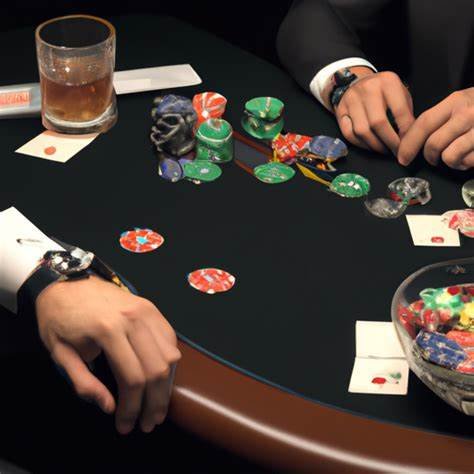Poker is not just about the cards you hold; it’s also about how you behave at the table. Good poker etiquette ensures a pleasant experience for everyone involved. Whether you’re a seasoned pro or a beginner, knowing the rules of conduct can make a big difference. Here’s a guide to the do’s and don’ts of poker etiquette.
Do: Be Respectful to Other Players
Respect is crucial in any poker game. Treat every player at the table with courtesy. Avoid making negative comments or insults, even if you’re losing. Remember, poker is a game of skill and luck. Being polite helps maintain a positive atmosphere and makes the game more enjoyable for everyone.
Don’t: Slow Down the Game
Keep the game moving at a reasonable pace. Avoid taking too long to make decisions. If you need extra time, use it wisely and make your move promptly. Prolonged deliberation can frustrate other players and disrupt the flow of the game. Stay focused and act efficiently to keep the game enjoyable for everyone.
Do: Pay Attention to the Game
Stay engaged and pay attention to the game’s progress. Avoid distractions like checking your phone or chatting excessively. Watch each hand closely, as missing key actions can impact your decisions and those of other players. Being attentive ensures you are fully involved and respectful to everyone at the table.
Don’t: Discuss Your Hand During Play
Avoid talking about your hand while the game is still in progress. Revealing information about your cards can give other players an unfair advantage. Keep discussions about your hand for after the hand is over or away from the table. This maintains the integrity of the game and ensures a fair playing field.
Do: Handle Your Chips and Cards Properly
Handle your chips and cards with care. Avoid tossing chips or cards recklessly. Place your chips neatly in front of you and avoid touching them once a hand begins. When you fold, do so discreetly and avoid making a show of it. Proper handling helps keep the game organized and prevents misunderstandings.

Don’t: Criticize Other Players’ Decisions
Avoid criticizing or questioning other players’ decisions. Everyone has their own strategy and playing style. Respecting others’ choices is part of good poker etiquette. Instead of focusing on others’ mistakes, concentrate on improving your own game. Criticism can create tension and negatively impact the game’s atmosphere.
Do: Follow the House Rules
Every poker game or casino has its own set of house rules. Make sure you are familiar with them before you start playing. Following the house rules ensures smooth gameplay and avoids disputes. If you’re unsure about any rule, ask the dealer or host for clarification. Adhering to the rules reflects good etiquette and respect for the game.
Don’t: Engage in Collusion or Cheating
Never engage in collusion or cheating. Poker relies on fair play and honesty. Collusion, or working with other players to cheat, undermines the game’s integrity. Cheating not only harms other players but can also lead to serious consequences, including being banned from the venue. Play with integrity and honesty to keep the game fair for everyone.
Do: Tip the Dealer
If you’re playing in a casino, tipping the dealer is a nice gesture. Dealers work hard to ensure the game runs smoothly. A tip is a way to show appreciation for their service. While not required, it is a courteous and appreciated practice in many casinos.
Don’t: Get Distracted or Disrupt the Game
Avoid actions that could disrupt the game, such as loud talking or sudden movements. Keep distractions to a minimum and focus on the game. Disruptions can affect other players’ concentration and enjoyment. Maintaining a respectful and quiet demeanor helps everyone stay focused and enjoy the game.
Final Thoughts
Poker etiquette is essential for a smooth and enjoyable game. By following these do’s and don’ts, you show respect for other players and contribute to a positive atmosphere. Good manners at the poker table reflect your understanding of the game and enhance everyone’s experience. Remember, poker is as much about respect and etiquette as it is about skill and strategy.











